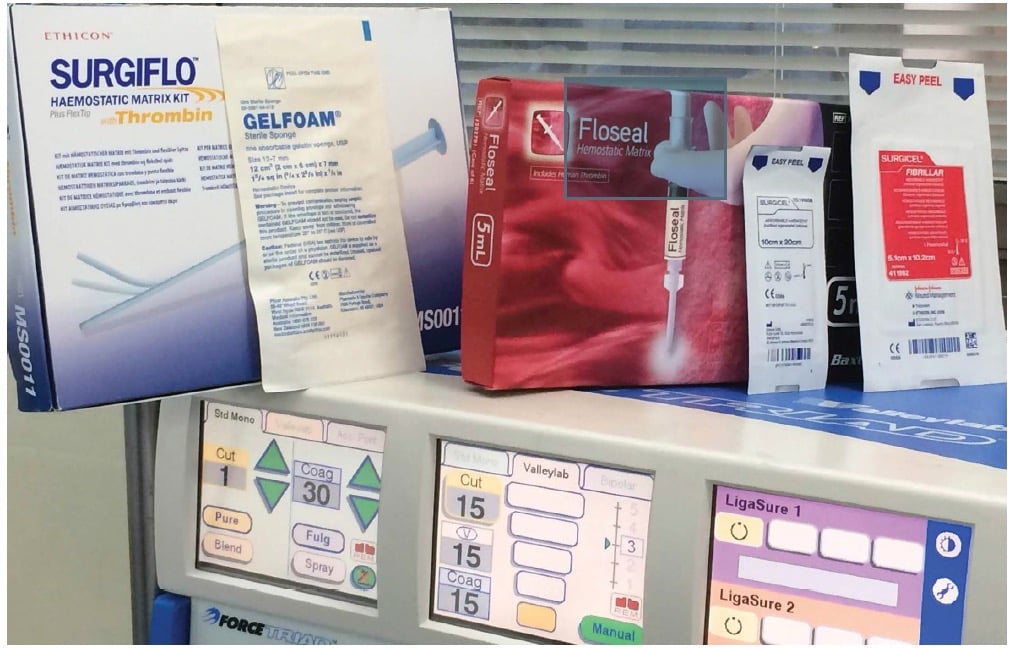Activated Prothrombin Complex Concentrate as a Hemostatic Agent in Hemophilia A from buzai232's blog
Activated Prothrombin Complex Concentrate as a Hemostatic Agent in Hemophilia A
Activated prothrombin complex concentrate (aPCC) appears to be safe and highly effective as a hemostatic agent for acute bleeds due to acquired hemophilia A, according to a recently published study in the European Journal of Hematology. To get more news about hemostatic gauze, you can visit rusuntacmed.com official website.
Acquired hemophilia A is a rare autoimmune disease that mainly affects patients over the age of 60 years. It is associated with high mortality, reaching 38% in some studies. The high mortality is a consequence of sudden, spontaneous bleeds that can affect the gastrointestinal tract, urinary system, and nervous system.

Currently, bypassing agents such as aPCC represent the mainstay of treatment for acute bleeds in patients with acquired hemophilia A. However, there is scarce literature regarding the efficacy and safety of aPCC in a practical setting. The authors aimed to study the efficacy and safety of aPCC through a noninterventional retrospective study including 30 patients from several Spanish hospitals. All patients had a confirmed diagnosis of acquired hemophilia A, which was corroborated with a detectable anti-factor VIII inhibitor titer of at least 0.6 BU/mL and factor VIII (%) of less than 40%, and had received aPCC to treat a bleeding episode.
The parameters used to measure efficacy included bleeding cessation, pain control, and functional recovery of the affected system. Bleeding cessation was evaluated using clinician criteria in each case, and pain control was assessed through unidimensional pain scales.
Safety was measured by the presence or absence of adverse effects or death. There were 67 reported bleeds, the majority of which were spontaneous intramuscular bleeds. Gastrointestinal and genitourinary bleeds were also reported.
Approximately 50% of hemorrhages were treated with aPCC. It was used as initial therapy on 14 occasions and resolved the bleeding in 13 of them. In total, aPCC was used on 51 occasions, resolving the bleeding in 48.Use of aPCC was not associated with any thrombotic events. Three patients reported significant adverse effects after treatment, namely atrial flutter with decompensated heart failure, lower limb neuropathy, and hypofibrinogenemia. Four patients included in the study died within 30 days of finishing aPCC treatment from respiratory failure, sudden death, or fatal bleeds.
“Overall, our data add to previous knowledge indicating that aPCC is effective and [safe as a] hemostatic drug as first line or second line,” the authors concluded.
Post
| By | buzai232 |
| Added | Feb 26 '23, 10:19PM |
Tags
Rate
Archives
- All
- December 2017
- November 2017
- October 2017
- September 2017
- June 2017
- May 2017
- December 2018
- November 2018
- October 2018
- September 2018
- August 2018
- July 2018
- June 2018
- May 2018
- April 2018
- March 2018
- January 2018
- December 2019
- November 2019
- October 2019
- September 2019
- August 2019
- July 2019
- June 2019
- May 2019
- April 2019
- March 2019
- January 2019
- December 2020
- November 2020
- October 2020
- September 2020
- August 2020
- July 2020
- June 2020
- May 2020
- April 2020
- March 2020
- January 2020
- December 2021
- November 2021
- October 2021
- September 2021
- August 2021
- July 2021
- June 2021
- May 2021
- April 2021
- March 2021
- February 2021
- January 2021
- December 2022
- November 2022
- October 2022
- September 2022
- August 2022
- July 2022
- June 2022
- May 2022
- April 2022
- March 2022
- February 2022
- January 2022
- December 2023
- November 2023
- October 2023
- September 2023
- August 2023
- July 2023
- June 2023
- May 2023
- April 2023
- March 2023
- February 2023
- January 2023
- November 2024
- October 2024
- September 2024
- April 2024
The Wall